Dr. Martin Luther King Jr. had a dream—and a copyright. Both still live on today.
“I have a dream that my four little children will one day live in a nation where they will not be judged by the color of their skin, but by the content of their character.”
These words will be heard many times this weekend as we celebrate the birthday of Rev. Dr. Martin Luther King Jr. They are, of course, from King’s famous 1963 “I Have a Dream” speech. But as you celebrate his life and listen to his words, ask yourself this question: have you ever heard the whole speech? Not just the key excerpts that will be repeatedly broadcast on the news this weekend, but the entire, seventeen-minute address as it was given to a crowd of 200,000 in front of the Lincoln Memorial?
Ever wonder why it’s not shown on TV more often?
The answer, my friends, is copyright. Because while Dr. King may have dreamed of a world without racism, even he wouldn’t dare to dream of a world without lawsuits.
Yes, in addition to being a celebrated clergyman and civil rights leader, Dr. King was a copyright litigant.
Martin Luther King, Jr. v. Mister Maestro
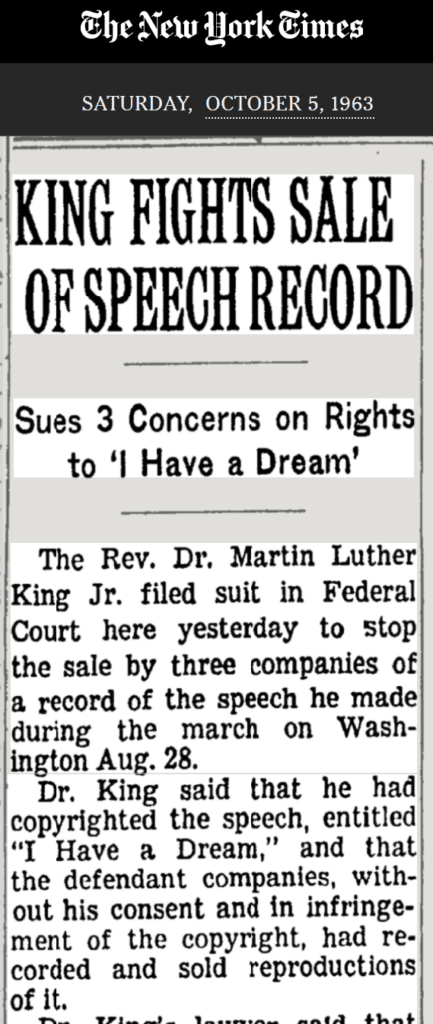
Shortly after his “I Have a Dream” speech was delivered in August 1963, King moved for a preliminary injunction preventing record companies from selling copies of the speech. The defendants, Mister Maestro, Inc. and 20th Century Fox Records argued that, because King had distributed advance copies of the speech to the press without restricting them from reproducing or distributing it further (and without the copyright notice required under copyright law at the time), the speech was in the public domain.
If you thought it was only Dr. King’s estate that was concerned about protecting rights in the “I Have a Dream Speech,” and that King himself would have gladly dedicated it to the public, think again: King declared in the Mister Maestro case that “he did not intend his speech ‘to be generally distributed or generally made available to the public at large’ but to be ‘specifically limited in use to assisting the press coverage of the March by the press.’” As a legal matter, King’s intent was irrelevant to the issue of whether there was a publication without notice, but his testimony is an interesting glimpse into his thoughts about copyright protection.
General Publication vs. Limited Publication
The Mister Maestro court noted that, under the 1909 Copyright Act, while the “general publication” of a copyrighted work without the appropriate copyright notice would result in the copyright being forfeited, a “limited publication” would not.
What’s the difference? Well, a general publication occurred when a copyrighted work was made available to members of the public at large, without regard to their identity or what they intended to do with the work. A limited publication, on the other hand, was one that communicated the work to a select group for a limited purpose, without any right to further distribute it.
Of course, that distinction is no longer relevant under the 1976 Copyright Act that governs copyrighted works created in the last half century. But the 60s were a crazy time for this country, a time of great change and confusion, a time when a lunch counter could refuse to serve you on the basis of your skin color, and a time when a speech delivered to 200,000 people and broadcast to millions more was not, legally speaking, a publication to the “public at large.”
Under the 1909 Act, the oral delivery of a speech, just like the broadcast of a television script or the public performance of a song, did not constitute a general publication. The distribution of copies of the speech, on the other hand (which King had done in the press tent), was considered a publication that would divest the copyright, unless it was sufficiently limited. The court in Mister Maestro held that there was nothing to suggest that copies of King’s speech had been offered to the public at large (even though King had placed no restrictions preventing the press from doing just that). Result: copyright preserved, injunction granted.
Estate of Martin Luther King Jr., Inc. v. CBS
The same issue was litigated more than 30 years later. King’s estate sued CBS, which had produced a documentary containing 60% of his “Dream” speech. Because Mister Maestro was a district-level case from New York, it wasn’t binding on the CBS district court sitting in Atlanta. CBS brought a summary judgment motion to establish that the speech was in the public domain. This time, the district court determined that the circumstances under which King delivered, reproduced and disseminated the speech constituted a general publication, divesting King of his copyright. (Somehow, even in the 1990s, the northern and southern states could still find ways to disagree about Dr. King.) But the Eleventh Circuit Court of Appeals later reversed, holding that CBS had not adequately established that Dr. King engaged in a general publication of his speech, and the parties later settled the case. Once again, King’s copyright was preserved.
“I Have a Copyright”
The King estate has, in the ensuing years, been vigilant in protecting the rights it claims in the “I Have a Dream” speech. The estate has sued USA Today and PBS for using the speech without permission, and has insisted that networks and others pay money to do so. In one notable example, director Ava DuVernay ended up using paraphrased versions of Dr. King’s famous speeches in Selma because rights in the actual speeches had already been licensed for a Steven Spielberg biopic.
From time to time, networks like CNN have obtained licenses from the King estate to air the speech in its entirety on Dr. Martin Luther King Jr. Day. This has left other radio and TV outlets to play only short excerpts, which are protected under copyright’s fair use doctrine.
It seems strange that such a historic speech isn’t freely available for the public to see in full, but Martin Luther King was a private citizen, not a government official, and this is copyright after all. Under current law, it’ll be protected until 2058.
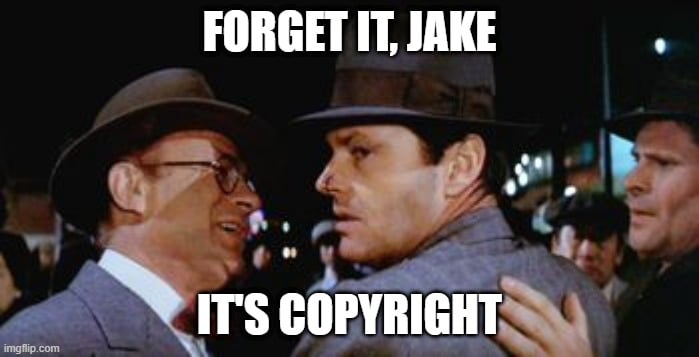
Interestingly, one place you can find the complete speech is on YouTube. These uploads are no doubt posted without the King estate’s permission, although several of them have amassed over 10 million views, suggesting that the estate has not sent takedown notices under the DMCA.
So as you enjoy the long weekend, take some time to sit back, reflect, and really honor Dr. King’s memory in a way he would recognize and appreciate: read a case or two on copyright law and try extra hard not to infringe anything. I’m sure the good doctor would appreciate it.
This is an updated version of a post previously published in Law Law Land.
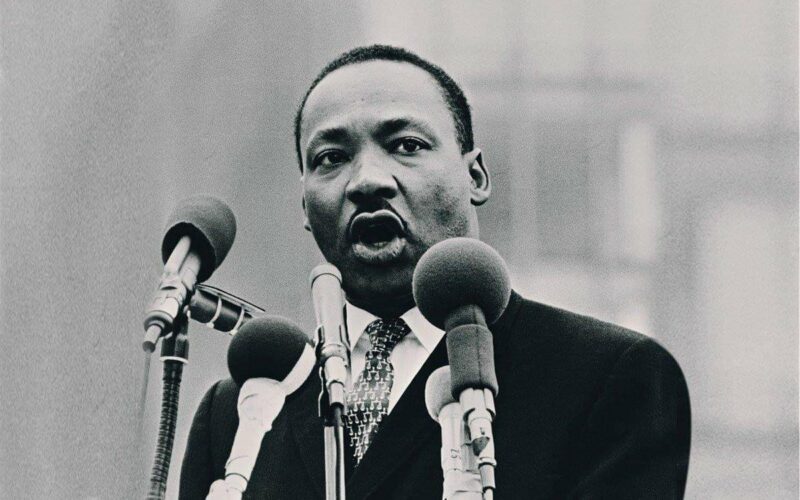
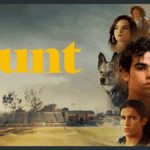

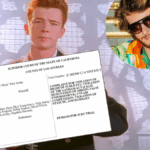
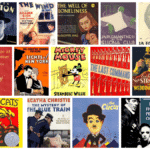
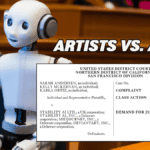
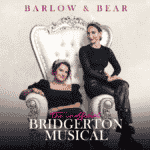
4 comments
Having a dream in Fortnite was more important than I thought, wow!
Folks who want to listen to or read Martin Luther King’s full speech at the March on Washington (which is well worth hearing in full) can do so at Stanford University’s “Freedom’s Ring” website: xhttps://freedomsring.stanford.edu/?view=Speech It’s sponsored by Stanford’s Martin Luther King, Jr. Research and Education Institute, and to the best of my knowledge is authorized by the copyright holder.
Thanks so much John. I wish that URLs in the comments were displayed in a more pleasing way, but really appreciate you sharing the link!
how can i contact the King Family re copyright I have a dream speech and other articles i live in south africa and need to get permission to use an extract in a school text book j